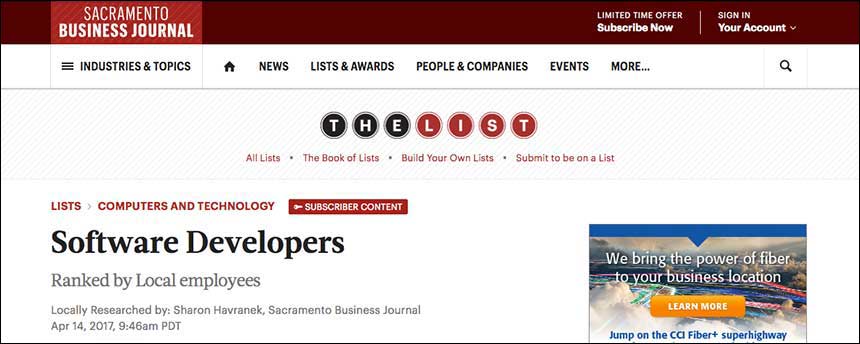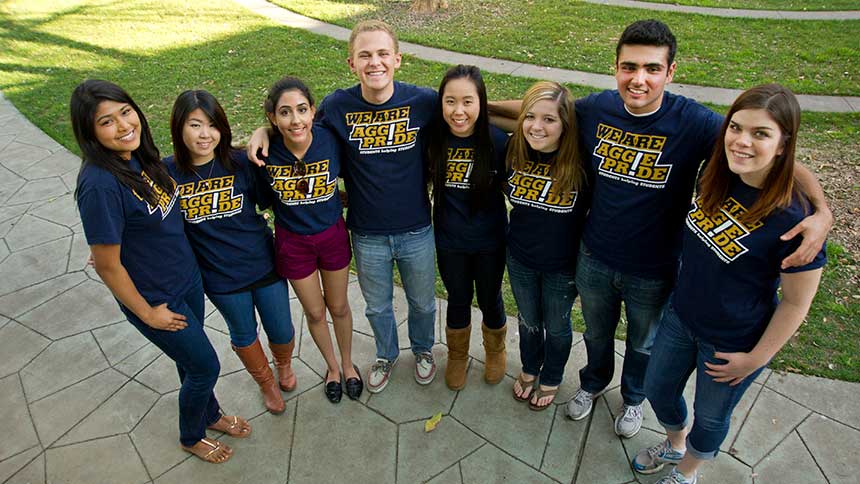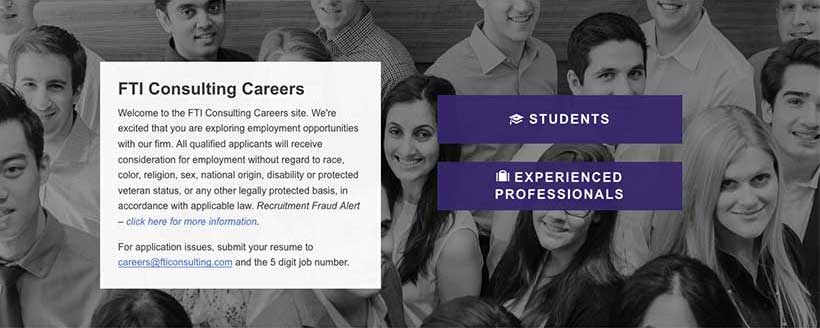You are graduating from UC Davis, and it’s time to find a job. Here are five tips to make your search successful in landing the position you want.
1. Do your research on where you want to work

Make a list of companies and jobs that are of interest to you. You can Google companies, and you can also go online to a business journal to look up leading companies in a specific community.
Pick a variety of companies to research and see if their mission, values and work align with your interests. Yes, you can Google jobs or go to indeed.com, but the best place to search for jobs is a company website because you will get better information about the company’s goals, culture and “feel.”
Compile your research in a document or spreadsheet to track your progress.
2. Build a customizable resume and cover letter

Your Career Center Can Help
Don’t forget that the UC Davis Internship and Career Center is there for you with these helpful services:
- Counseling from a job advisor
- Help with resumes and job interviews
- Assistance with career research
- Connections to potential employers
Undergraduates should start long before graduation to prepare for their career. Read “Six Steps to Take at College for Job Success.”
Now that you have visited the company website and viewed its career page, you will need information you collected to build a basic resume that is easily customizable. You will tailor a resume to each employer. The same principle holds for your cover letter — you want to communicate to each individual company that you are specifically interested in it.
Your resume should speak to key accomplishments in your work, volunteer and intern experiences. Start with a summary of qualifications, which is to key for listing unique skills, qualifications, training and related accomplishments. Follow with your work, intern and volunteering experiences, ordering them with the most recent at the top. Add your education and training at the bottom. Use simple fonts with no graphics. Don’t forget to include relevant leadership experiences including organizations that you belong to — social clubs, business groups, associations, athletics and more. Your cover letter should be basic and address three items in three brief paragraphs:
- Why you are interested in the company
- Why you are interested in the position
- Why you are a good fit for this particular company
Check out these resume samples found on the UC Davis Internship and Career Center website.
3. Time to apply

Now that you have a resume and cover letter, go to the company websites and apply. Not all companies have the same job titles, so try different keywords. Look up synonyms and job alternatives on the internet. Be sure to follow their detailed instructions. It may be extra work to submit both a resume and application, but make sure you complete the application. On your research document above, note which jobs you have applied for and when.
Use an email address that sounds professional and check it regularly.
4. Use social media to show your strengths

Let’s start with LinkedIn. Build a powerful profile that provides insight about you and what you are passionate about. Use LinkedIn’s instructions and build an “All Star” profile. You can also review the LinkedIn help tutorials. Get a professional picture taken. If you have an internship or part-time job, ask your supervisors for recommendations on your page.
Once you are satisfied you have created a quality LinkedIn profile, start connecting with people who have specific job titles in companies that you are interested in. Personalize your connection request. You can let people you want to interview know that you are interested in learning more about what they or their company does and that you would like to be connected. When making job connections, be strategic about who you add looking for people who know about your academic and professional skills.
As for Twitter, Facebook, Instagram and other social media platforms, clean up your profiles and items that you share or lock down your privacy settings. Many companies are researching potential employees and looking carefully at what they reveal on social media.
5. Now it’s time for informational networking

Reach out to people who work in companies and jobs that you are interested in. Ask them if they can give you 15 minutes of their time. You can find interview subjects via LinkedIn or through your family, professors, internships or college jobs and other social connections.
Thanks to the Cal Aggie Alumni Association, during the school year you can take advantage of the One Aggie Network with opportunities to connect to UC Davis graduates through job shadowing, a coffee date or a Skype call.
When you conduct informational interviews, ask for insight into jobs, company, career ladder, lifestyle and more. Don’t ask for a job; rather ask why your interview subjects enjoy their company and job. What does it take to be successful in their role? Ask them for advice and possible connections.
Connect with company recruiters. Recruiters love to connect with people. They are tremendous resources for helping job seekers in their research and networking. As you network, don’t forget to ask for face-to-face interviews such as meeting for coffee. Don’t be timid — just pick up the phone!
Good luck, graduates. You must be persistent in your efforts and keep your spirits up. Your first job will come. It’s work but think of it as an investment in your future.
Bruce Mattos is a talent acquisition manager for UC Davis Human Resources, recruiting for executive positions on the Davis campus. Throughout his career, Bruce has been a professional talent hunter, sourcing strategist and recruitment leader.